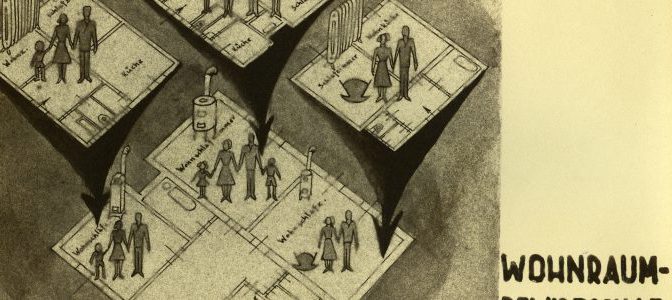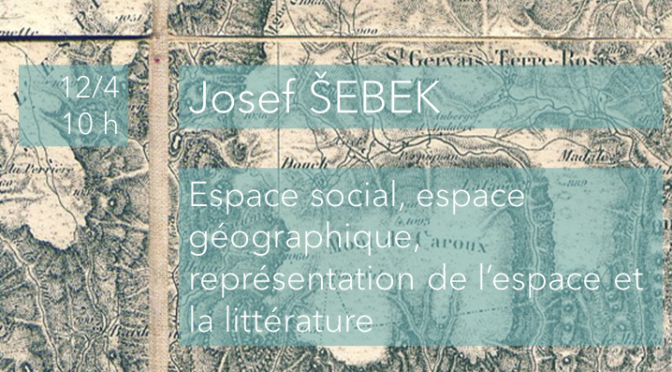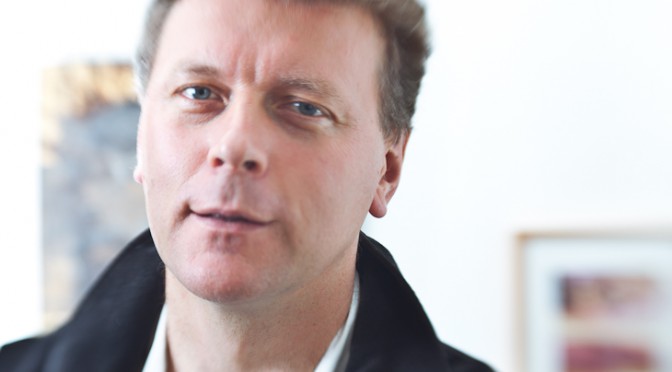International Workshop
Venue: Prague. Online.
Date: November 6, 2020
Organizer: Jakub Střelec (FSV UK/CEFRES)
Partner institutions: CEFRES, Institute of Contemporary History, Czech Academy of Sciences, Collegium Carolinum – Research Institute for the History of the Czech Lands and Slovakia
Zoom: https://us02web.zoom.us/j/82321134974?pwd=L09iMWF0VzJsOVFUUDJxMDZPc3Zidz09
(823 2113 4974)
Password: 111784
Streaming: https://www.facebook.com/cefres
This workshop aims to bring together researchers dealing with the history of psy-sciences in communist Europe. The main aim is to (1) discuss contemporary approaches, topics and themes in current research about the role of psy-sciences in the communist states of the Eastern Bloc and to (2) outline possible questions and issues relevant for future research in this field.
Read the call for contributions.
Program:
9.00 Conference Opening
Producing Psy-expertise in the Eastern Bloc
Chair: Martin Schulze Wessel (Collegium Carolinum)
9:30 Ana Antic (University of Copenhagen)
Psychiatry, Psychoanalysis and Psychotherapy Beyond the Hospital in Socialist Yugoslavia
9:50 Melinda Kovai (Eötvös Lorand University)
From a Movement to the Privatization of Psychotherapy – Group Psychotherapy in Hungary in the 1970s and 1980s
10:10 Sarah Marks (Birkbeck, University of London)
From Pavlov’s Dogs to Cybernetic Tortoises: The Psy-Professions and the New Science of Cybernetics in Communist Czechoslovakia
10.30 – 11.15 Discussion
11.15 – 11.30 Break
Defining (Ab)normality
Chair: Adéla Gjuričová (Institute of Contemporary History, Czech Academy of Sciences)
11:30 Cristiane Brenner (Collegium Carolinum)
Judging the Anti-Socialist Element: The Role of Psychiatric Experts in Trials Against “Parasitic Women” in Socialist Czechoslovakia
11:50 Kate Davison (University of Melbourne)
From Prague to Sydney: Rethinking Psychiatry, Sexology and ‘Sexpertise’ in the Cold War
12:10 Jakub Střelec (Charles University in Prague)
Psychopaths as ‘New Danger‘ to the Socialist Society. Forensic Psychiatry, Criminology and Crime in Communist Czechoslovakia in the 1960s
12:30 – 13:15 Discussion
13:15 – 14:15 Lunch break
Shaping the ‚Socialist Self’
Chair: Jérôme Heurtaux (CEFRES)
14:15 Verena Lehmbrock (Erfurt University)
Psychological Leadership Training in East Germany – A Transnational Technology of the Self?
14:35 Frank Henschel (Christian-Albrechts-University Kiel)
Bowlby vs KPČ: Knowledge Transfer, Psychology and the System of State Childcare in Socialist Czechoslovakia
14:55 Lisa Dittrich (Ludwig Maximilian University of Munich)
Partnership and the Socialist Personality: Marital Coping Strategies in the GDR between Empowerment and Subjection
15:15 – 16:00 Discussion
16:00 – 16:30 Closing remarks




